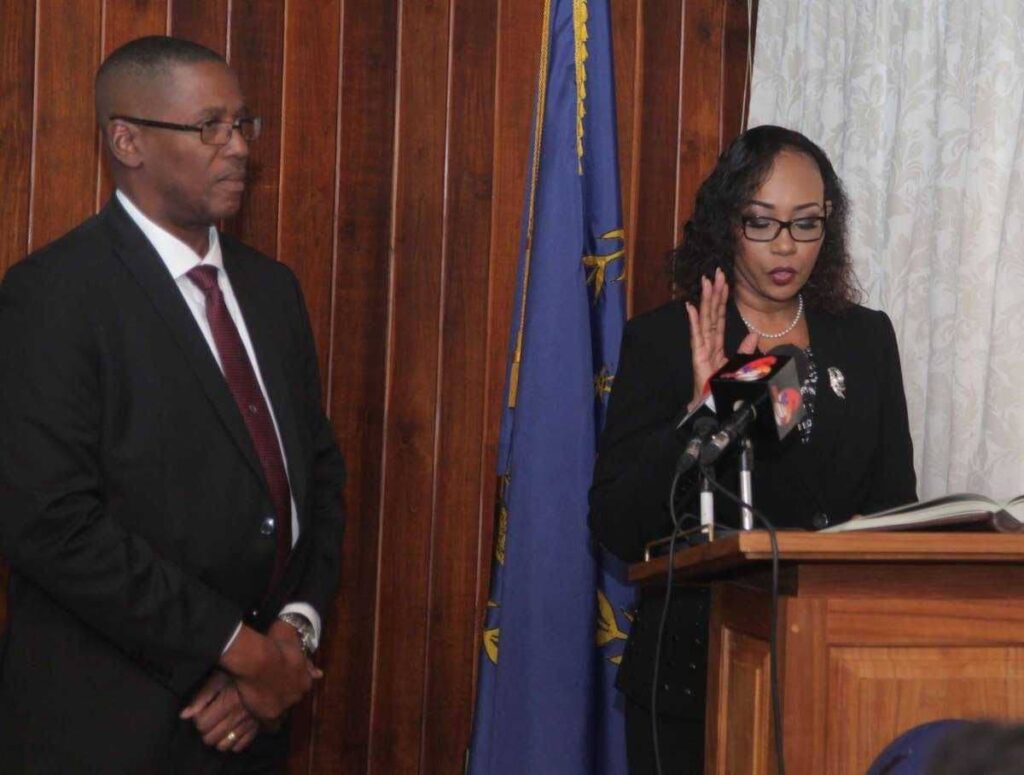A judicial jumble

On Thursday, the Court of Appeal delivered its judgement on former chief magistrate Marcia Ayers- Caesar’s case.
On April 27, 2017, Ms Ayers-Caesar was given the hard, Hobson’s choice by the Judicial and Legal Service Commission (JLSC) of resigning from her appointment to the High Court or facing possible disciplinary action.
The JLSC is chaired by Chief Justice Ivor Archie.
On her appointment to the High Court, Ms Ayers-Caesar had 53 part-heard cases before her in the magistrates court. She resigned as a judge on October, 27, 2017, but filed for judicial review in July 2018 against the JSLC and the Attorney General, while also seeking relief against the President for refusing to set aside her forced resignation letter and reinstate her as a judge.
The Court of Appeal ruled that trial judge David Harris erred in dismissing her claim against the President and rejecting her case against the JLSC.
In the wake of the embarrassment and the reputational damage to both sides that the JSLC’s action caused, it’s difficult to understand why a less confrontational solution was not sought– or a way to avoid the issue’s arising at all.
The Court of Appeal noted that the JLSC’s enthusiasm for what it described as a “quick fix” to an issue that drew unfavourable national attention had created an even messier. It was neither quick nor a fix.
Six years later, last week’s decision has tarred the JLSC with a finding that Ms Ayers-Caesar was coerced and forced out of office.
In September 2020, explaining his position, the Chief Justice noted there was a discrepancy in both the number and complexity of the cases: 28 as stated by Ms Ayers-Caesar, on the advice of the court’s note-taking unit; but 53 as determined by the acting chief magistrate after taking office. Nevertheless, whatever the exact figure, this issue should have been uncovered and resolved before Ms Ayers-Caesar’s brief elevation to the High Court bench.
It’s unclear why the JLSC felt it necessary to engage in brinksmanship in its decision on the unheard cases. If Ms Ayers-Caesar was acceptable as a puisne judge in 2017, surely a delay to allow her to complete her caseload as chief magistrate before assuming her new role would also have been acceptable.
Such a measure would have assumed a high profile, but it would have withstood scrutiny far better than the debacle that instead ensued.
The Appeal Court has now ruled that Ms Ayers-Caesar is still a judge. The Attorney General has said he is taking advice on a possible appeal to the Privy Council. A satisfactory resolution to this embarrassing and originally avoidable situation – and from which all parties can emerge with their reputations intact – is still not clear.


Comments
"A judicial jumble"